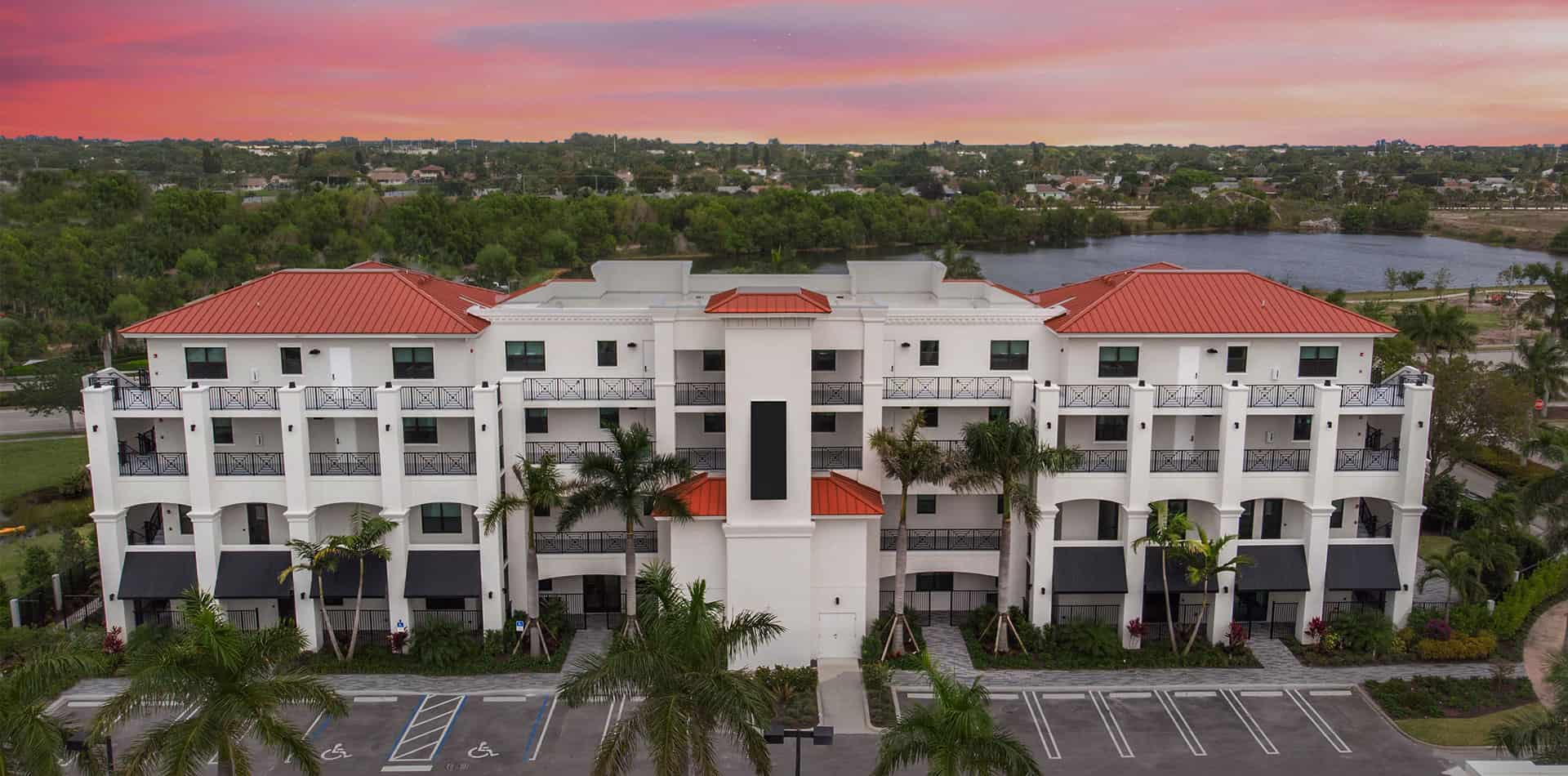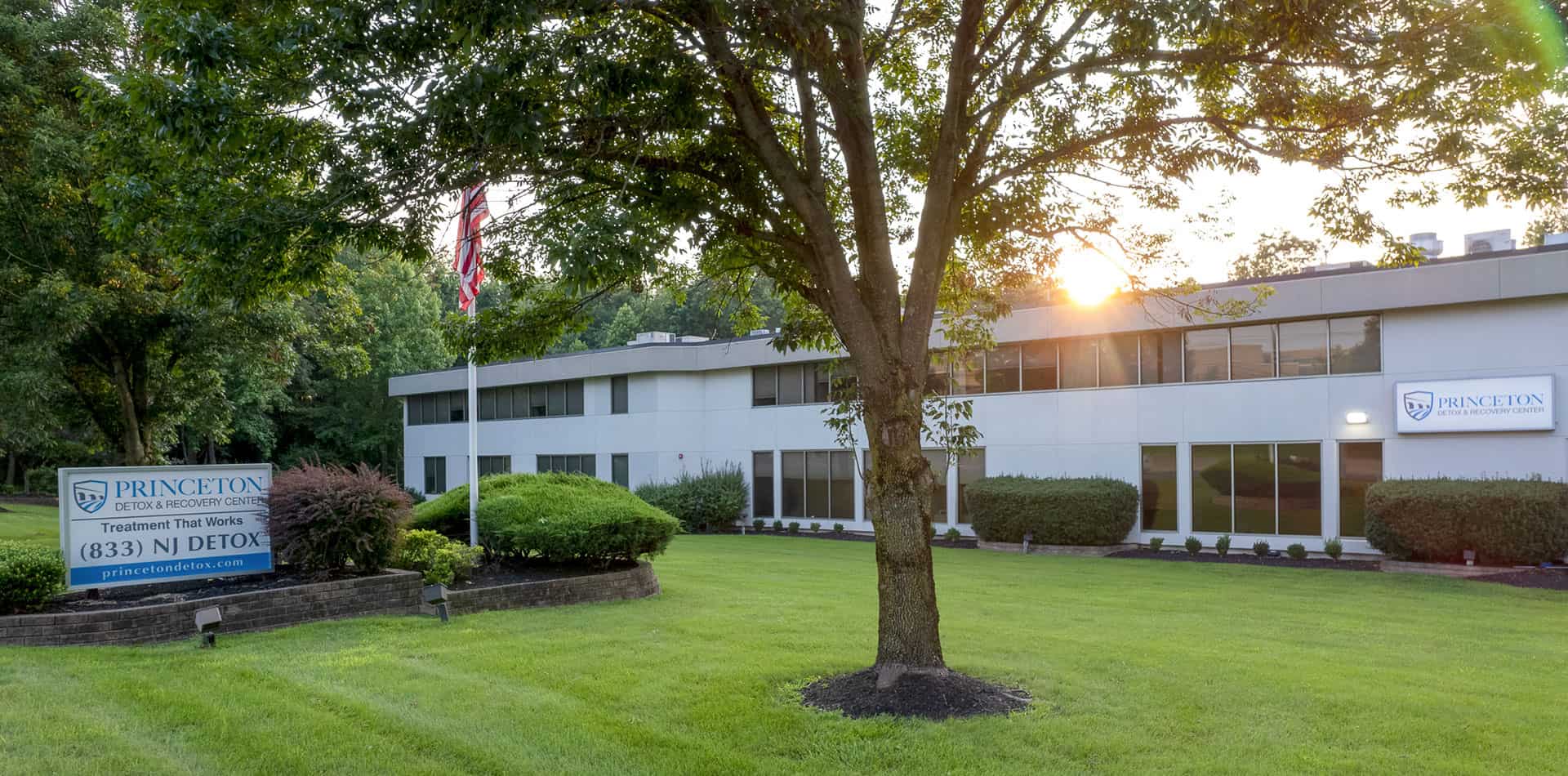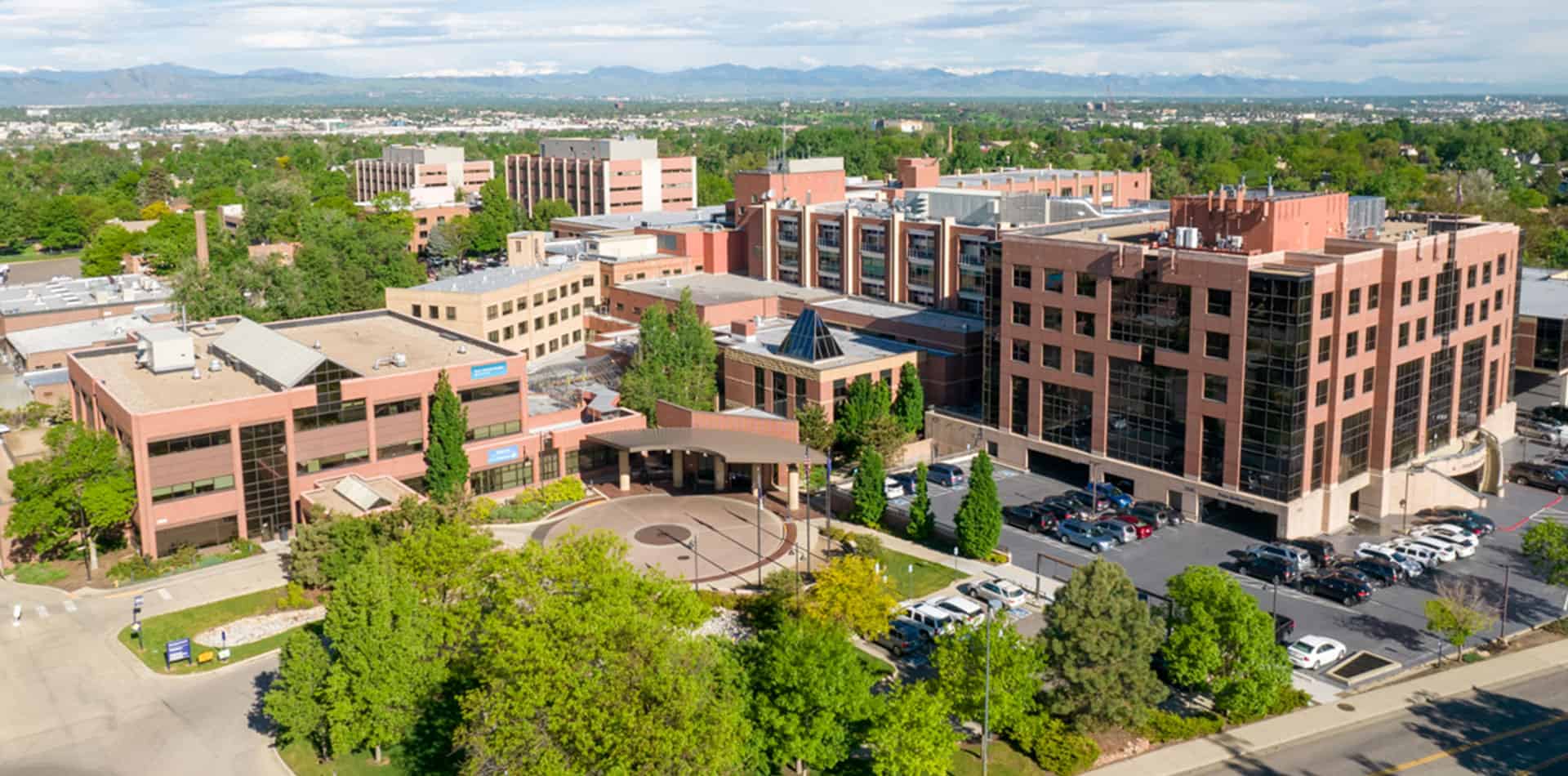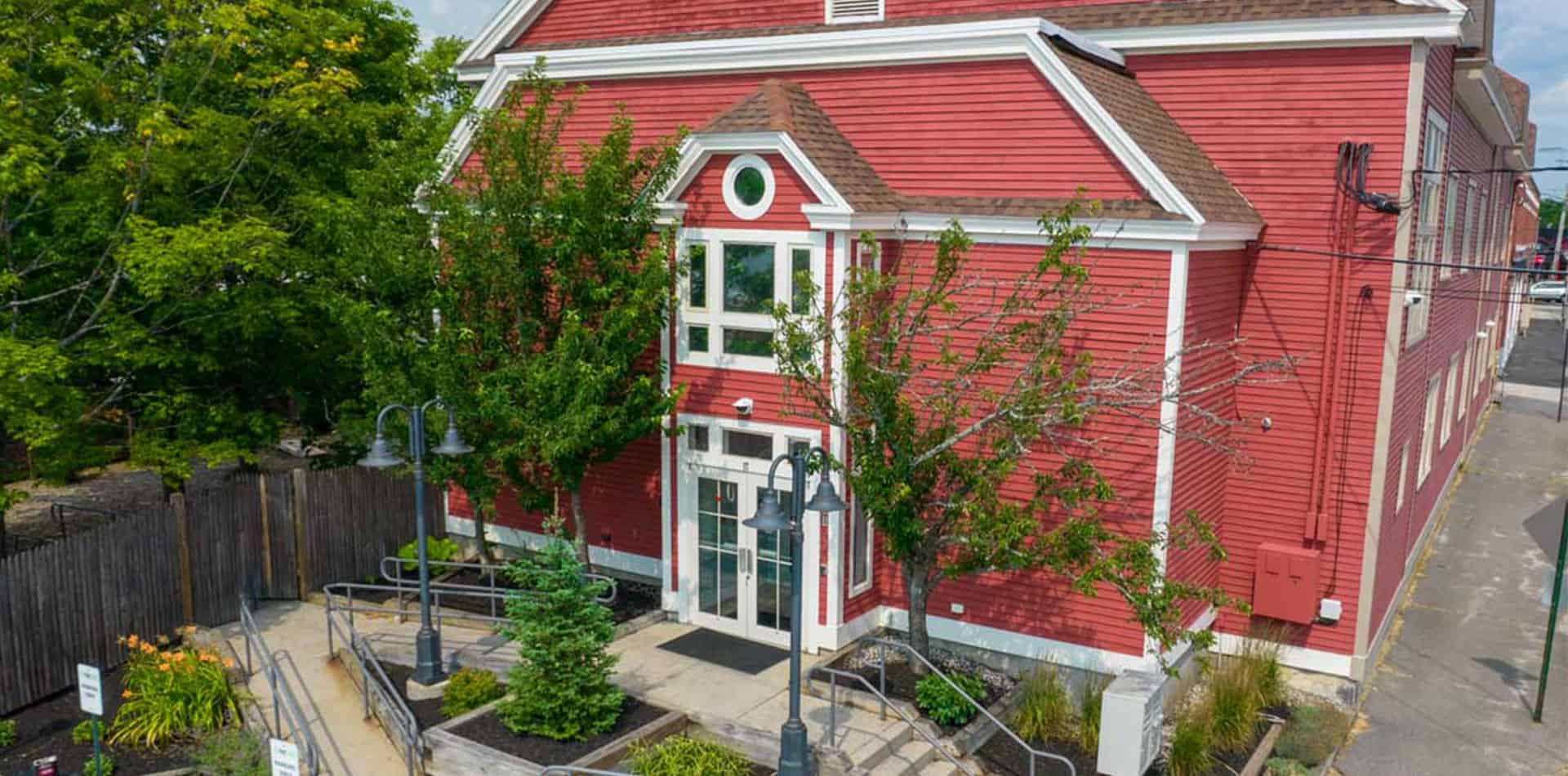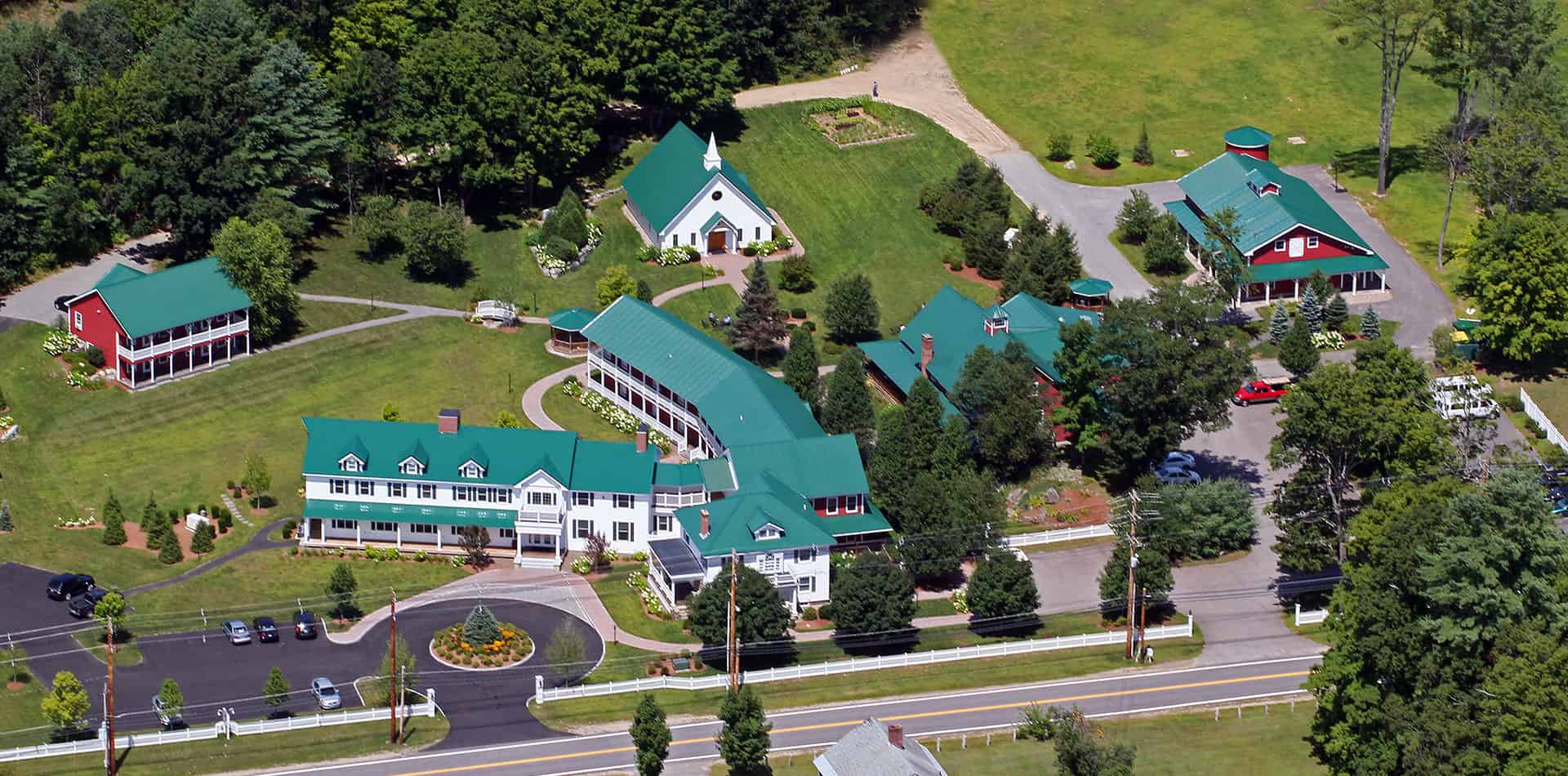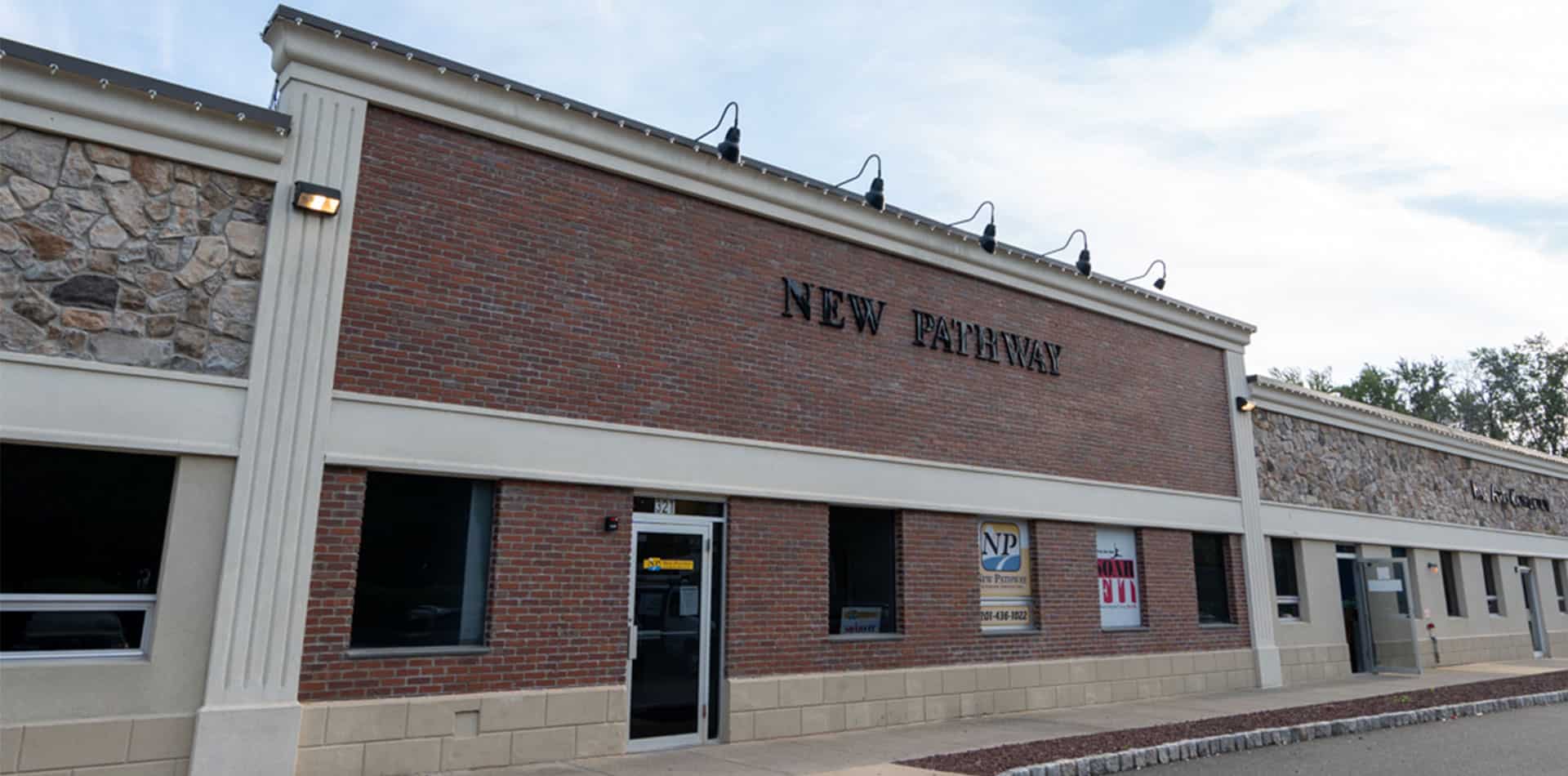Aftercare
We will give you the support and guidance you need to get started on the road of long-term recovery.
What Are Aftercare Services in Substance Use Disorder (SUD) Treatment?
The time following treatment is one of the riskiest and most challenging times for individuals trying to build lives in recovery. During treatment, individuals are provided with a strong support system consisting of therapists, sober peers, and skilled support staff. Due to being housed in a safe and secure environment, they are better equipped to manage triggers and difficult emotions in a healthy way. However, after formal treatment has concluded, individuals may be unprepared to face stressful situations and temptations in the outside world.
While the recovery tools and emotional coping skills clients learn in treatment are very effective, the practical application of those skills in the real world is more challenging than in a treatment setting. Addiction is a chronic, relapsing brain disease, and it is not uncommon for individuals to continue battling cravings and urges produced by a brain that is not fully healed.
All these factors combined mean that a thorough aftercare plan is critical for ongoing recovery. At Guardian Recovery, our aftercare services help our clients stay strong in the first year after treatment.
Get Local Help
Helpful, Recovery
Resources
- The Guardian Path
- Recovery Tips
- Frequently Asked Questions
- Insurance Check
- Ask a Question
The Role of Aftercare Services in Maintaining Long-Term Sobriety
Aftercare services play a vital role in sustaining long-lasting recovery for people who’ve completed formal treatment programs. These services are intended to provide ongoing support and resources to help them navigate the difficulties of early recovery and establish a solid foundation for a lifetime of sobriety.
Roles of Aftercare in Sobriety Maintenance Include:
- Continuation of support.
- Ongoing therapy and medication management.
- Relapse prevention.
- Accountability.
- Lifestyle transitions.
- Development of coping mechanisms.
- Peer support.
- Family involvement
- Education and resources.
- Progress monitoring.
Start Healing Today!
Choose recovery and take control of your life, it’s the path to a brighter future filled with health, happiness, and fulfillment.
Why Is Aftercare Important in Mental Health & Substance Addiction Recovery?
Aftercare is paramount to mental wellness and recovery from addiction because it provides individuals with the tools they need to successfully transition from formal treatment back to their normal lives.
Ways Aftercare Is Crucial for Recovery Include:
- Providing continued care.
- Preventing treatment gaps.
- Offering emotional support.
- Addressing co-occurring disorders.
- Fostering empowerment and self-sufficiency.
By providing these benefits, aftercare can significantly increase the likelihood of success in long-term mental well-being and substance use challenges.
Complimentary Insurance Check
Find Out Today!
"*" indicates required fields
What Types of Aftercare Programs Exist for Alcohol & Drug Use Rehab
- Ongoing behavioral therapy or counseling following formal treatment.
- Outpatient programs, which are flexible alternatives to treatment with sessions that meet regularly.
- Family therapy, which improves communication and provides education and support to both individuals and their families.
- Educational workshops that provide individuals with information and skills to support recovery.
- Support groups, to connect with peers and share similar experiences in a safe and welcoming environment.
- Alumni programs, which offer various recovery-oriented activities and events that are regularly scheduled.
- Online support, to provide recovery resources that can be accessed remotely by phone or over the Internet.
Aftercare Programs Help Prevent Relapse
Aftercare programs consist of helpful services and strategies vital for relapse prevention. These provide continuous support to help individuals handle cravings and triggers that lead to a return to drug or alcohol use.
Ways Aftercare Helps Individuals Prevent Relapse Include:
- Providing relapse prevention techniques.
- Encouraging accountability.
- Offering positive reinforcement.
- Providing education on warning signs and triggers.
- Promoting the development of coping skills.
- Fostering improved resilience.
Rehab Aftercare Planning & Individualized Treatment Plans
When a person enters a rehab program, they will undergo an assessment to help the clinical team devise an individualized treatment plan that includes a full continuum of care, including aftercare planning. These plans are designed to tailor the client’s treatment process to meet their unique needs and goals.
Ways Aftercare and Individualized Plans Facilitate Recovery Include:
- Offering continued, customized treatment and support.
- Addressing co-occurring disorders.
- Identifying resources for support.
- Promoting relapse prevention strategies.
- Incorporating targeted therapeutic interventions.
- Setting realistic goals.
- Offering flexibility and adjustability.
- Collaboration among therapists and other support staff.
- Building life skills.
- Enabling long-term sustainability.
Individualized plans that include aftercare are integral components of recovery. They aim to provide ongoing support, personalized strategies, and a focus on the client’s individual needs.
Career Counseling & Vocational Training
Career counseling and vocational training are services devised to help individuals rebuild their lives, gain independence, and foster stable, satisfying careers after completing formal treatment. (1)
The main goal of career counseling is to assist clients in identifying their interests, skills, and strengths, and aligning them with appropriate career paths. Career counselors can help individuals develop desired skills, prepare resumes and job applications, and navigate the process of transitioning to a field.
Vocational training is designed to help individuals develop the practical skills, knowledge, and competencies required for a specific trade or occupation. They are provided with training that closely aligns with the needs of industries and job market demands.
Sober Living Home & Transitioning from Treatment to Independent Living
Sober living homes and transitional living facilities provide a safe, structured, and supportive environment for individuals after they’ve completed formal treatment. They typically include “house rules” and guidelines to support recovery and accountability. These living spaces offer critically-needed peer support among others who can share experiences and encourage each other to stay sober during this very important transition.
Transitional housing also allows flexibility to pursue employment or educational opportunities and continue learning and practicing healthy coping skills and relapse prevention strategies.

Our Locations
Our Facilities & Teams Transform Lives
Changing lives by providing comprehensive support and rehabilitation, empowering individuals to overcome addiction and regain control of their health and well-being.
Aftercare Options & Elements of Treatment
Various options may be included in an aftercare treatment program, including counseling, outpatient programs, family therapy, and more.
Options Include:
- Outpatient counseling.
- Intensive outpatient programs.
- Family therapy.
- Support groups.
- Sober living residences.
- Alumni programs.
- Online support.
- Employment assistance.
- Holistic therapies.
- Medication management.
By combining multiple aftercare options, individuals are provided with a comprehensive and personalized approach to continuing care and support as they navigate recovery. Within these options are various elements intended to facilitate a comprehensive approach.
Elements of an Aftercare Plan Include:
Case Management
During the months after rehab, clients face challenges that could lead to relapse. The case managers at Guardian Recovery help minimize this risk with progress calls and coordinated communication between clients, families, therapists, and other treatment providers.
Individual Therapy or Addiction Counseling
Therapeutic care does not need to end because clinical treatment has been completed. Many of our clients choose to stay with their individual therapist long-term, visiting their private practice once a week and continuing to work through underlying issues and early recovery-related challenges.
Medication-Assisted Treatment
Several beneficial medications can help reduce drug and alcohol cravings and prevent relapse. Our medical professionals can help clients determine if one of these medications might be helpful. Additionally, psychiatric professionals can help clients manage any mental health medications they might need.
Recovery Support Networks
There are hundreds of recovery-related groups. We help our clients find support groups that meet their unique needs. These include 12-Step groups, Smart Recovery, spiritual support groups, and mental health support groups. (2)(3)
Relapse Prevention Training
Learning the skills to stay sober in real-life situations is critical. Early recovery can be challenging to navigate, and we ensure that clients have access to the support they need as they face new, uncharted challenges.
Outpatient Treatment
Many clients who go to either a medical detox or residential inpatient treatment program continue treatment a few days a week at one of our outpatient programs. These programs enable participants to work, attend school, and carry out daily responsibilities while receiving support from licensed substance use professionals and peers. Our outpatient programs have both daytime and nighttime tracks to make them convenient for different lifestyles.
READY TO MAKE A CHANGE?
Your Next Steps
Relapse Prevention Strategies & Life After Rehab
Relapse prevention strategies are designed to help individuals identify potential triggers and risky situations, manage stress and cravings, and build a solid foundation for a successful recovery. Relapse tends to happen in progressive stages, so implementing effective strategies is vital for sustaining sobriety. (4)
Relapse Prevention Strategies Include:
- Identifying triggers, including stress, negative emotions, boredom, and certain high-risk situations.
- Using coping skills, such as mindfulness meditation, deep breathing, yoga, and engaging in hobbies.
- Seeking support from friends, family, a sponsor, or a support group.
- Adopting a healthy lifestyle, including exercise and a healthy diet.
- Staying connected with a treatment team to discuss concerns and challenges.
Our Alumni Program
Guardian Recovery has developed an alumni program that fosters ongoing connections with peers and helps past clients avoid relapse. Once an individual has completed their treatment program, they can request to be a part of our alumni program, which offers a range of recovery-oriented activities and events throughout the year.
Events We Regularly Organize Include:
- Group volunteer activities, usually with a local non-profit or charity.
- Regular peer support group meetings exclusively for alumni.
- Enjoyable activities, such as annual picnics and beach outings.
- Ongoing support through social media groups specifically designed for alumni.
Our alumni program was developed to offer past clients an ongoing level of accountability and support as they navigate early recovery. In fact, many former clients who graduated from our program years ago are still heavily involved in the Guardian Recovery community.
Our Simple Admissions Process
At Guardian Recovery, we have developed a straightforward admissions process. We understand that receiving quality clinical care is a time-sensitive subject, so when you decide to seek professional help, we are available to get started. During your initial call, we will conduct a brief pre-assessment, which generally takes less than 15 minutes. This will consist of a series of short questions to help our clinical team determine which level of care is most appropriate for you.
At this time, we can also perform a free, no-obligation health insurance benefit check. We work closely with most major regional and national providers, making our comprehensive program as accessible as possible. If you or your loved one is currently underinsured or entirely uninsured, we offer additional coverage options, including self-pay.
Contact Us Today To Learn More
Reviewed professionally for accuracy by:

Ryan Soave
L.M.H.C.
Ryan Soave brings deep experience as a Licensed Mental Health Counselor, certified trauma therapist, program developer, and research consultant for Huberman Lab at Stanford University Department of Neurobiology. Post-graduation from Wake Forest University, Ryan quickly discovered his acumen for the business world. After almost a decade of successful entrepreneurship and world traveling, he encountered a wave of personal and spiritual challenges; he felt a calling for something more. Ryan returned to school and completed his Master’s Degree in Mental Health Counseling. When he started working with those suffering from addiction and PTSD, he found his passion. He has never looked back.
SELF-ASSESSMENT:
Do I Have a Substance Use Disorder?
Disclaimer: Does not guarantee specific treatment outcomes, as individual results may vary. Our services are not a substitute for professional medical advice or diagnosis; please consult a qualified healthcare provider for such matters.

